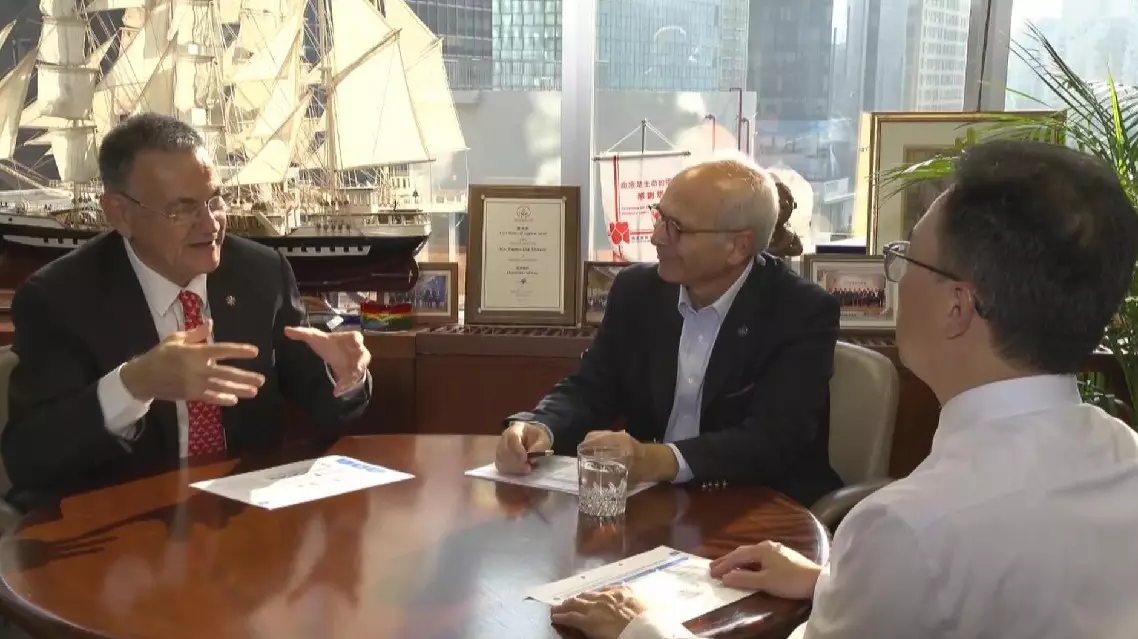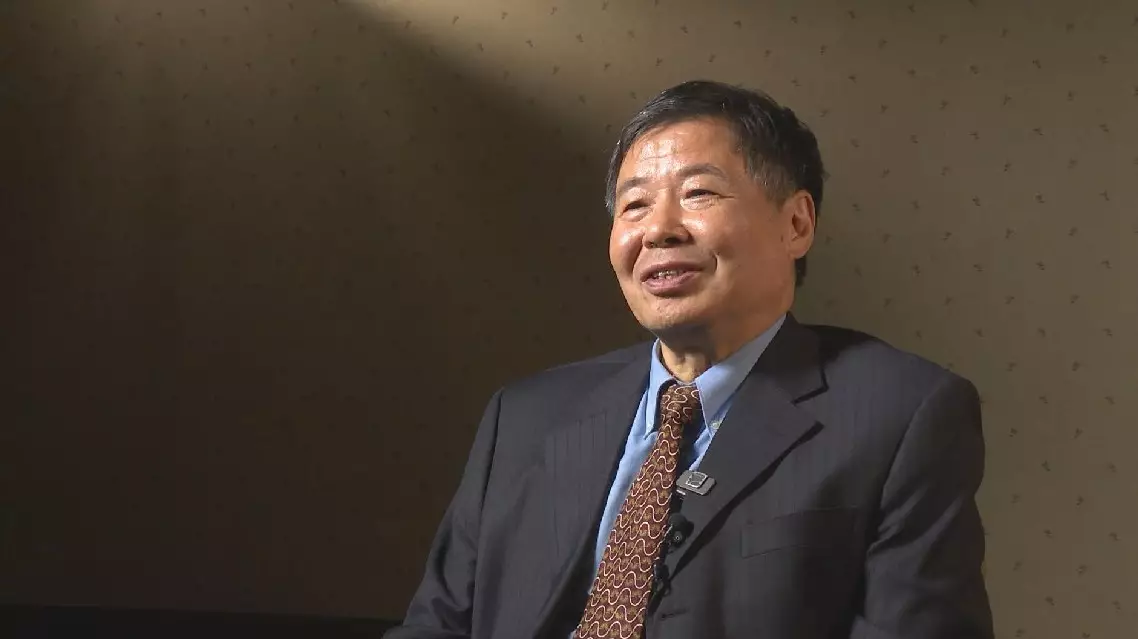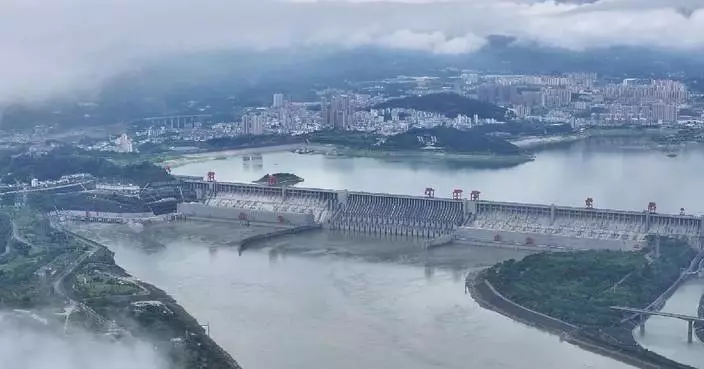China's trade with Portuguese-speaking countries surged 7.8 percent to more than 174 billion U.S. dollars in the first three quarters of this year, driven by the Macao Special Administrative Region's (SAR) role as a key trade hub.
Macao has seen a significant number of entrepreneurs from Portuguese-speaking countries establishing and operating businesses for years, leveraging the region's unique cultural and economic ties.
Carlos Alvares, CEO of Banco Nacional Ultramarino (BNU), a Portuguese commercial bank, has witnessed Macao's transformation from a tourist destination to a thriving hub connecting Portuguese-speaking countries and the Chinese mainland over the past 25 years.
"The bank has been here in Macao for 122 years. So, we have strong relations with many companies. We have very close relations with companies from different sectors. The recovery of the economy after COVID-19 was really strong. There are some sectors that recovered completely, mostly related with tourism, so regarding integrated resorts and so on," Alvares said.
Alvares highlighted China's remarkable economic growth, which has prompted his bank to support companies from Portuguese-speaking countries in leveraging Macao as a strategic gateway to the Chinese market.
CESL Asia, a consulting firm specializing in environmental infrastructure and facilities management, has established a presence in Macao with the support and guidance of Alvares, who introduced the company to the region.
"We are unique in Macao. We are a mix. Most of our colleagues are local, professionals, highly trained, but we have also international colleagues, specialists, from all over the world.," said Antonio Trindade, president and CEO of CESL Asia.
Based in both Macao and Portugal, Trindade's company has been expanding their market share in the Chinese mainland.
"In the mainland, we operate the public network of heating in the very high, cold winter locations in Xinjiang, Urumqi or in Liaoning, like Liaoyang where we have a controlling district where we operate the local heating network," he said.

Macao bridges ties between China, Portuguese-speaking countries
The U.S. economic bullyism toward other countries will ultimately backfire, warned Zhu Guangyao, former Vice Minister of Finance of China, adding that the upcoming Donald Trump administration could pose significant challenges, not only for China but for the global community as a whole.
Zhu made the comments while attending the Annual Conference on China's Economy, organized by the China Center for International Economic Exchanges (CCIEE), a prominent public policy think tank. The conference, held in Beijing on Saturday, aimed to bring together experts, industry leaders, and government officials to discuss strategies for advancing China's economic development.
In an interview with China Global Television Network on the sidelines of the event, Zhu shared his insights into the potential implications for both China and the global economy under a second Trump administration.
"The upcoming Trump administration will pose a direct challenge to the entire international community. Trump's primary approach is through tariffs. Of course, we must also examine his broader economic strategies. For example, he has expressed a desire to cut U.S. corporate income taxes, which could have a profound impact on the global strategies of multinational corporations. At the same time, we need to consider the effects of Trump's policies on strengthening national defense and imposing sanctions against other countries," said Zhu.
Earlier, Trump announced plans to raise tariffs by an additional 10 percent on all Chinese goods entering the U.S., raising concerns that this could further strain China-U.S. trade relations and have a broader impact on the global economy.
Commenting on Trump's tariff threats, Zhu remarked, "I must say that the Sino-U.S. relationship is bound to face challenges as China's economic power continues to grow. The U.S. views China as the only country capable of competing with it in terms of both capability and willingness. However, China has never said it wants to replace any other country. Our development is for the happiness of the Chinese people and for world peace and advancement. This is China's core philosophy. On the other hand, the U.S. sees China as its greatest competitor and is attempting to suppress us in every possible way. But I believe that such suppression will ultimately backfire."
Zhu also noted that while the U.S. has taken steps to restrict China's high-tech development, China's semiconductor exports reached 1.03 trillion yuan (about 141.52 billion U.S. dollars) in the first 11 months of the year, reflecting a 20.3 percent year-on-year increase.
Turning to Trump's threat to impose a 25-percent tariff on all products imported from Mexico and Canada, Zhu warned that such protectionist measures could undermine regional free trade agreements.
"Trump is targeting what was originally the North American Free Trade Agreement, and later the United States-Mexico-Canada Agreement. His actions are effectively dismantling this alliance. I heard that Canadian Prime Minister Justin Trudeau visited Mar-a-Lago to speak with Trump, but unfortunately, it yielded no results," said Zhu.

US economic bullyism against other countries to backfire: former vice minister of finance










